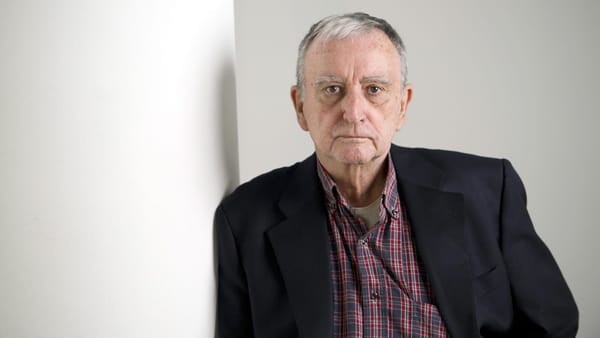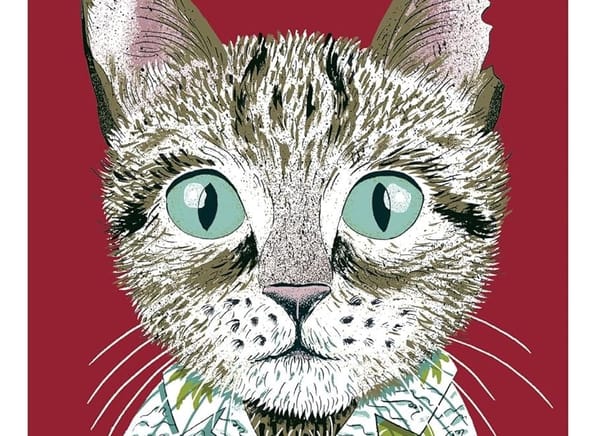Los 9 puntos clave a la hora de pensar el futuro de Internet
Interesante columna de John Naughton en The Guardian sobre algunas de las cosas que, aquellos interesados en el desarrollo futuro e innovación en Internet, muchas veces dejamos de tener presente. A la hora de pensar cómo Internet puede crecer, nunca debemos dejar de olvidar algunos rasgos clave y determinantes que componen el ADN de la red:
1. Take the long view
So it is with us now. We’re living through a radical transformation of our communications environment. Since we don’t have the benefit of hindsight, we don’t really know where it’s taking us. And one thing we’ve learned from the history of communications technology is that people tend to overestimate the short-term impact of new technologies — and to underestimate their long-term implications
2. The web is not the net
On the internet, web pages are only one of the many kinds of traffic that run on its virtual tracks. Other types of traffic include music files being exchanged via peer-to-peer networking, or from the iTunes store; movie files travelling via BitTorrent; software updates; email; instant messages; phone conversations via Skype and other VoIP (internet telephony) services; streaming video and audio; and other stuff too arcane to mention.
3. Disruption is a feature, not a bug
The internet’s disruptiveness is a consequence of its technical DNA. In programmers’ parlance, it’s a feature, not a bug – ie an intentional facility, not a mistake. And it’s difficult to see how we could disable the network’s facility for generating unpleasant surprises without also disabling the other forms of creativity it engenders.
4. Think ecology, not economics
Since the web went mainstream in 1993, our media “ecosystem”, if you like, has become immeasurably more complex. The old, industrialised, mass-media ecosystem was characterised by declining rates of growth; relatively small numbers of powerful, profitable, slow-moving publishers and broadcasters; mass audiences consisting mainly of passive consumers of centrally produced content; relatively few communication channels, and a slow pace of change. The new ecosystem is expanding rapidly: it has millions of publishers; billions of active, web-savvy, highly informed readers, listeners and viewers; innumerable communication channels, and a dizzying rate of change.
5. Complexity is the new reality
Even if you don’t accept the ecological metaphor, there’s no doubt that our emerging information environment is more complex – in terms of numbers of participants, the density of interactions between them, and the pace of change – than anything that has gone before. This complexity is not an aberration or something to be wished away: it’s the new reality, and one that we have to address.
6. The network is now the computer
Here was a transition from a world in which the PC really was the computer, to one in which the network is effectively the computer. It has led to the emergence of “cloud computing” – a technology in which we use simple devices (mobile phones, low-power laptops or tablets) to access computing services that are provided by powerful servers somewhere on the net. This switch to computing as a utility rather than a service that you provide with your own equipment has profound implications for privacy, security and economic development.
7. The web is changing
Once upon a time, the web was merely a publication medium, in which publishers (professional or amateur) uploaded passive web pages to servers. For many people in the media business, that’s still their mental model of the web.
8. Huxley and Orwell are the bookends of our future
Many years ago, the cultural critic Neil Postman, one of the 20th century’s most perceptive critics of technology, predicted that the insights of two writers would, like a pair of bookends, bracket our future. Aldous Huxley believed that we would be destroyed by the things we love, while George Orwell thought we would be destroyed by the things we fear.
9. Our Intellectual Property regime is not longer fit for purpose
Since our current intellectual property regime was conceived in an era when copying was difficult and imperfect, it’s not surprising that it seems increasingly out of sync with the networked world. To make matters worse (or better, depending on your point of view), digital technology has provided internet users with software tools which make it trivially easy to copy, edit, remix and publish anything that is available in digital form – which means nearly everything, nowadays. As a result, millions of people have become “publishers” in the sense that their creations are globally published on platforms such as Blogger, Flickr and YouTube. So everywhere one looks, one finds things that infringe copyright in one way or another.





